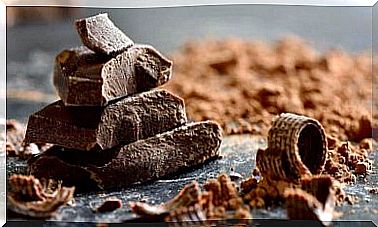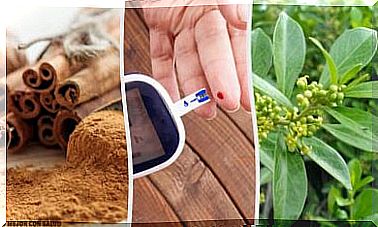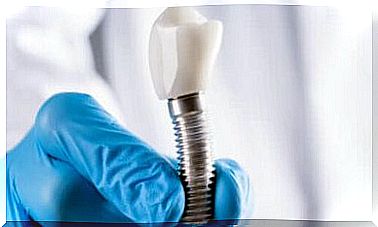Good Intimate Hygiene: Five Things You Do Wrong
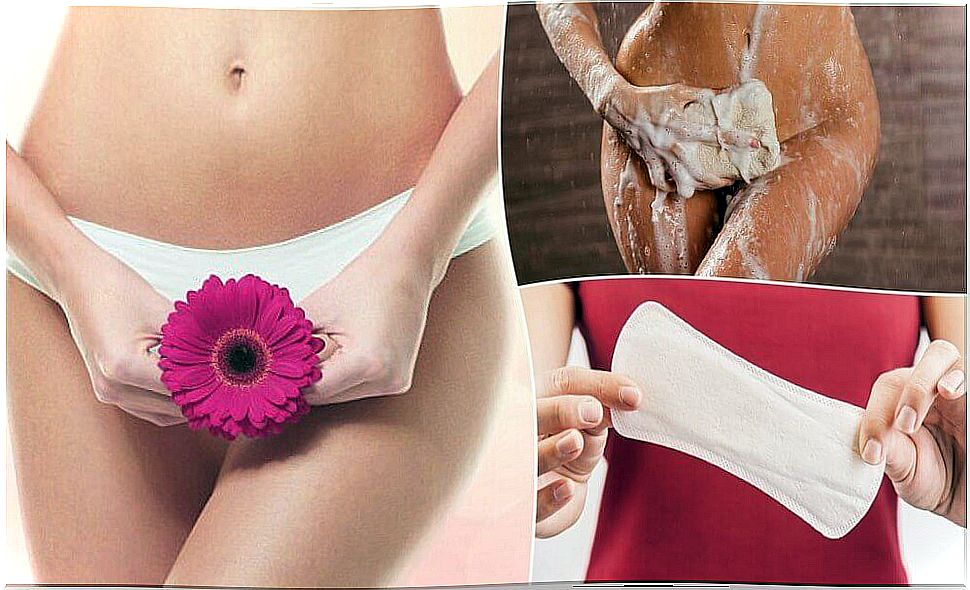
Most women want to know more about good intimate hygiene. The fear of infections and odors is probably the reason why many people pay special attention to the intimate area.
Many of us are overly focused on getting rid of bad odors or discharge. Unfortunately, many of us have bad habits that can harm our vaginal health.
It is a very sensitive area and its pH can fluctuate due to chemical products, certain types of underwear and other varied factors that most people ignore.
So while some practices immediately seem to be healthy, you should know why they can be harmful and how to avoid them.
Here are five things you might do that are not good for intimate hygiene:
1. You wash yourself too thoroughly
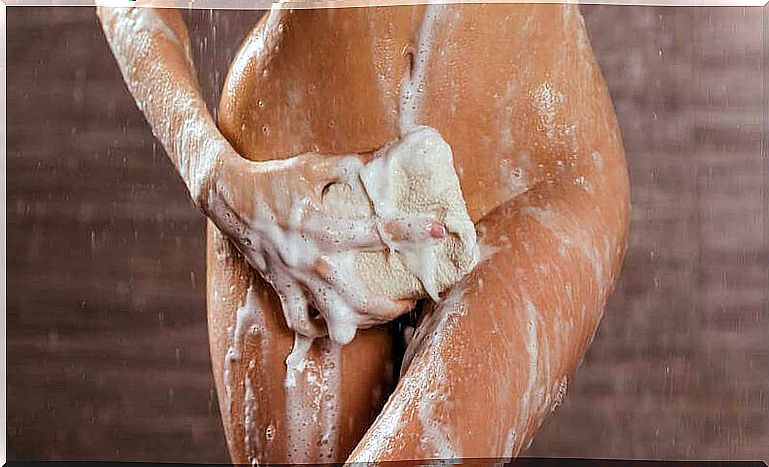
Do you also wash yourself very thoroughly? Then you are not alone. It can seem like a great way to get rid of bacteria and bad odors around the intimate area. However, it can be far from helpful and can lead to changes that result in infections.
When you cleanse your intimate area too thoroughly, an imbalance easily arises in the healthy vaginal bacteria, weakening them against pathogenic substances .
What should you do instead?
- Wash gently with a soap-free wash or mild soap. You can also easily just use water.
2. You use pads or tampons against discharge
Discharge is one of the things many of us have learned is unnatural and disgusting. But discharge is a completely natural and necessary part of a healthy body.
Many women use bandages and tampons to avoid discharge in the underpants. Unfortunately, they can easily cause irritation and cause even heavier discharge.
Bandages and tampons create an enclosed environment that prevents the vagina from breathing. It increases the risk of itching, irritation and other unpleasant symptoms.
What should you do instead?
- Limit the use of sanitary napkins and tampons. Use them as much as possible only when you are menstruating.
- Allow your intimate area to breathe by wearing cotton underwear.
3. You use perfume or baby powder
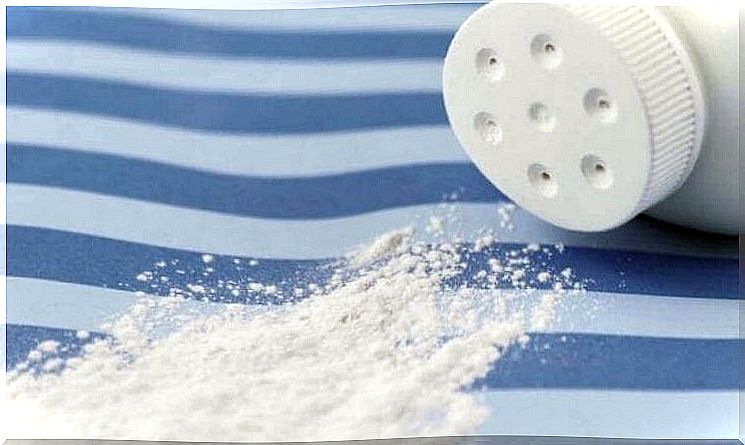
One of the bad habits that has survived the test of time is the use of perfumes, baby powders and other intimate hygiene products that actually irritate the area.
Although these products were long thought of as effective methods of preventing leaks and odors, we know today that they can cause unwanted effects because they destroy pH levels.
Their frequent use causes irritation in the outer vaginal zones and often leads to yeast or bacterial infections.
What can you do about it?
- There is no need to be embarrassed: The vagina has a natural odor and there is no need to neutralize it.
- If the odor is too strong, make an appointment with your doctor to see if you have an infection.
4. You are too harsh around your intimate area
Be careful! The skin that covers the vaginal zone is the most sensitive on our body and it requires special treatment. Many of us have learned that we need to scrub aggressively when we wash ourselves, but that is not necessary at all.
By doing so, women can make small open wounds that become an open door for infectious substances.
What can you do about it?
- Apply soap gently and rub gently with the fingers of the palm.
5. You remove your pubic hair
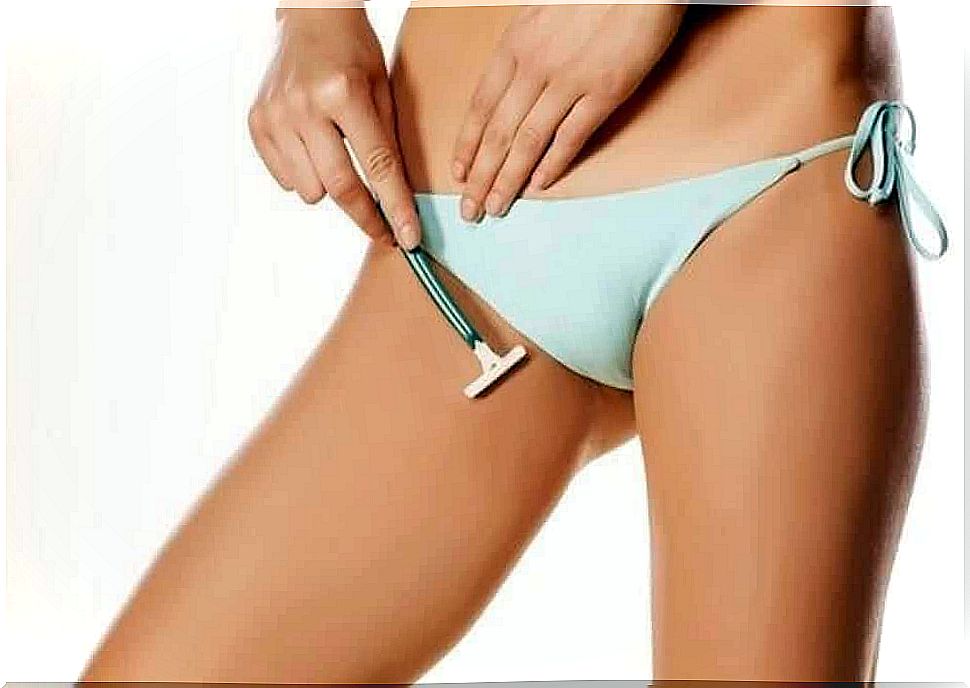
Many women believe that intimate shaving is hygienic. But that’s wrong.
Pubic hair is a part of the body that has a very special task : It is responsible for protecting the vagina from bacteria, yeast and viruses that can lead to infections.
In addition, many hair removal methods are aggressive and cause skin irritations and tears.
What can you do about it?
- Choose a hair removal method that is as gentle as possible. Avoid removing hair too often.
- Preferably leave a little hair left.
- If you use a razor, wipe it off after each use.
How do you take care of your intimate hygiene? Your intimate area is not as dirty as you think. Avoid these bad habits and be careful around your genitals.
